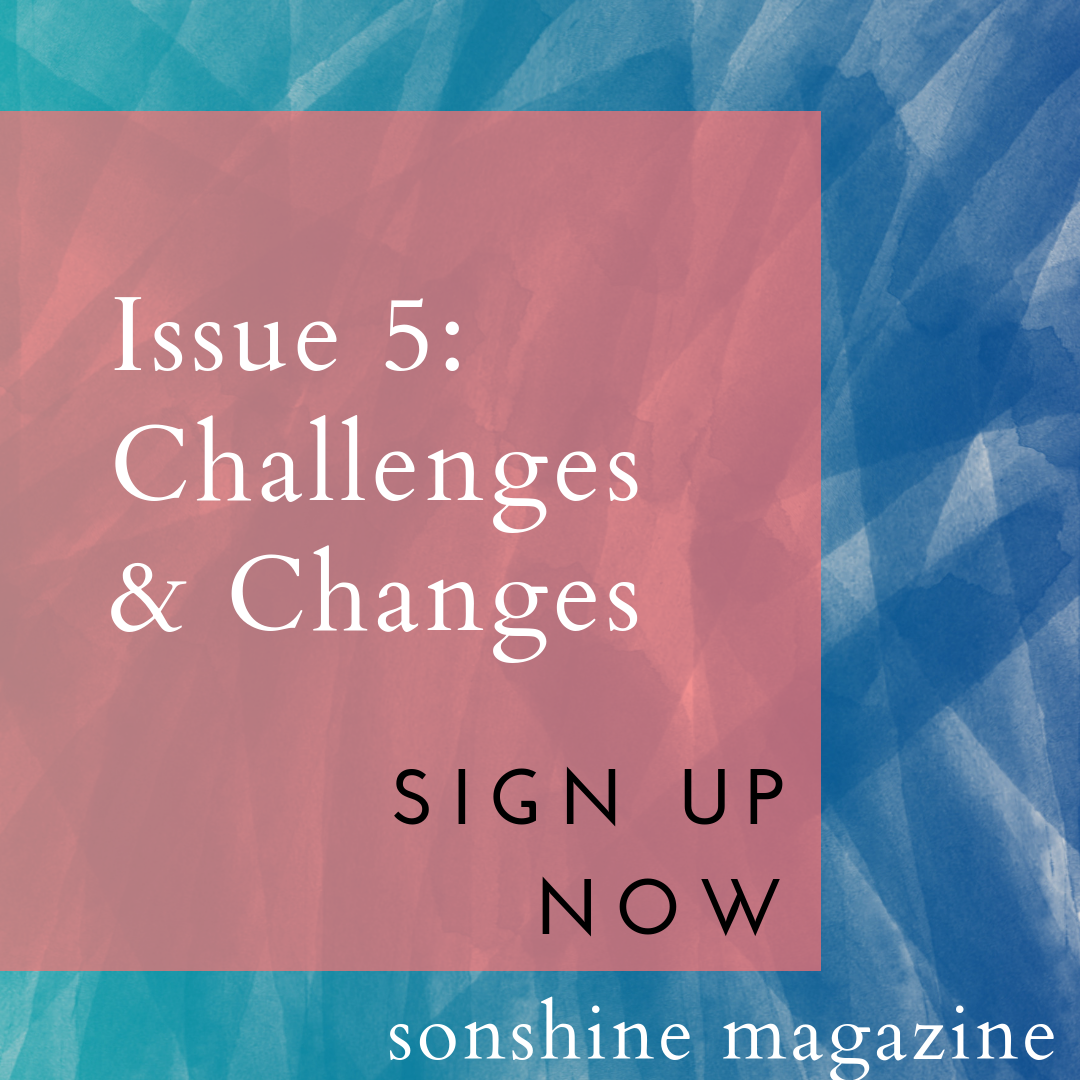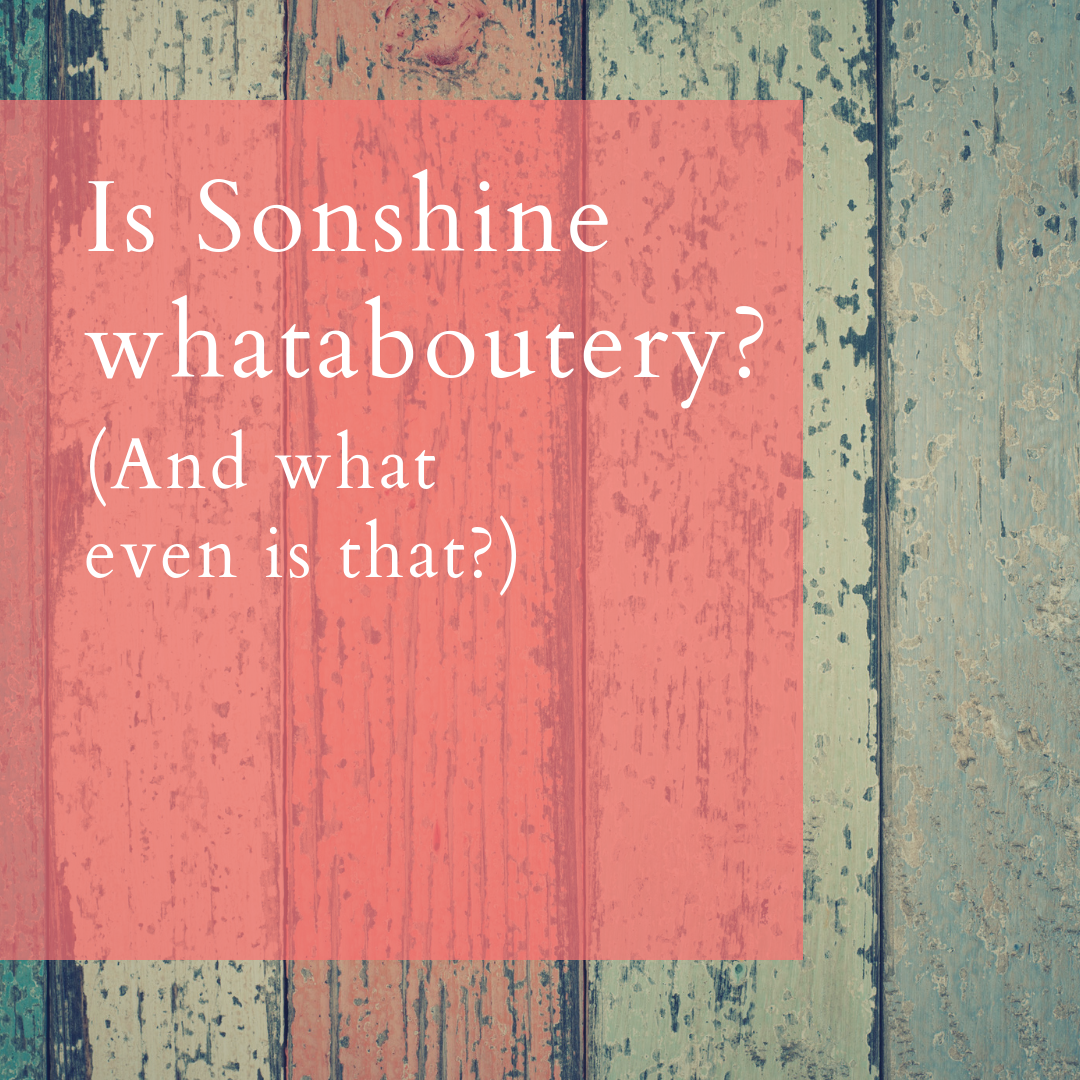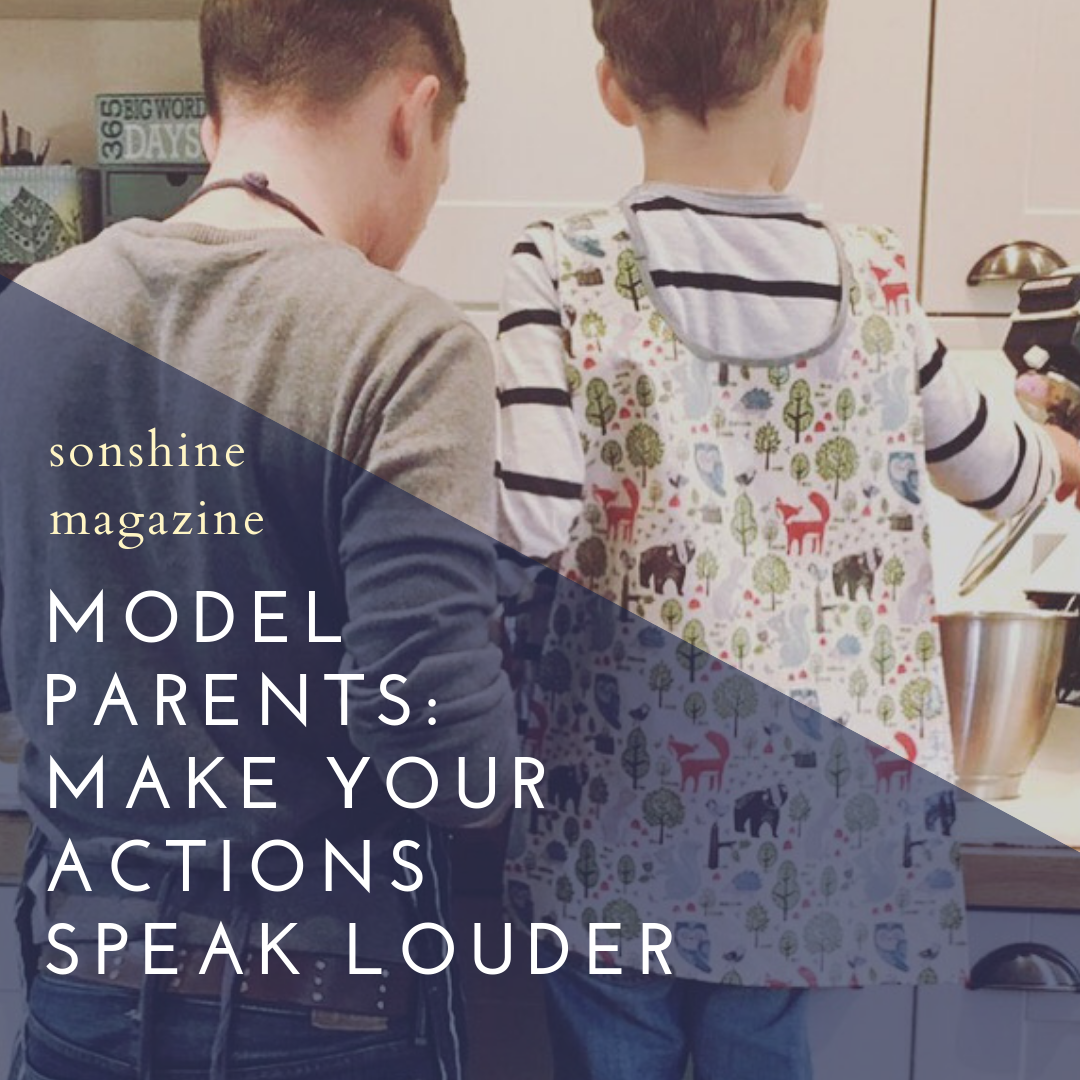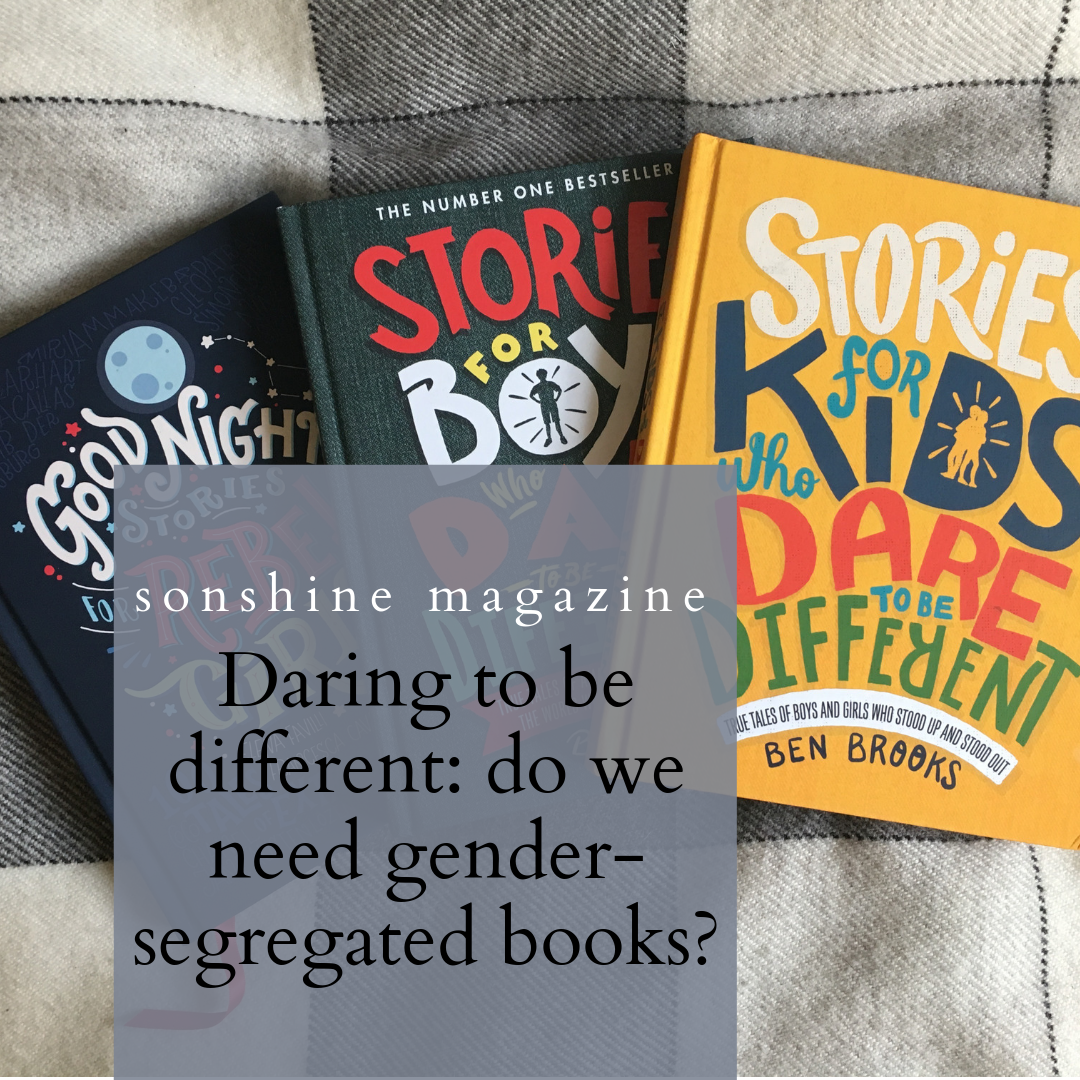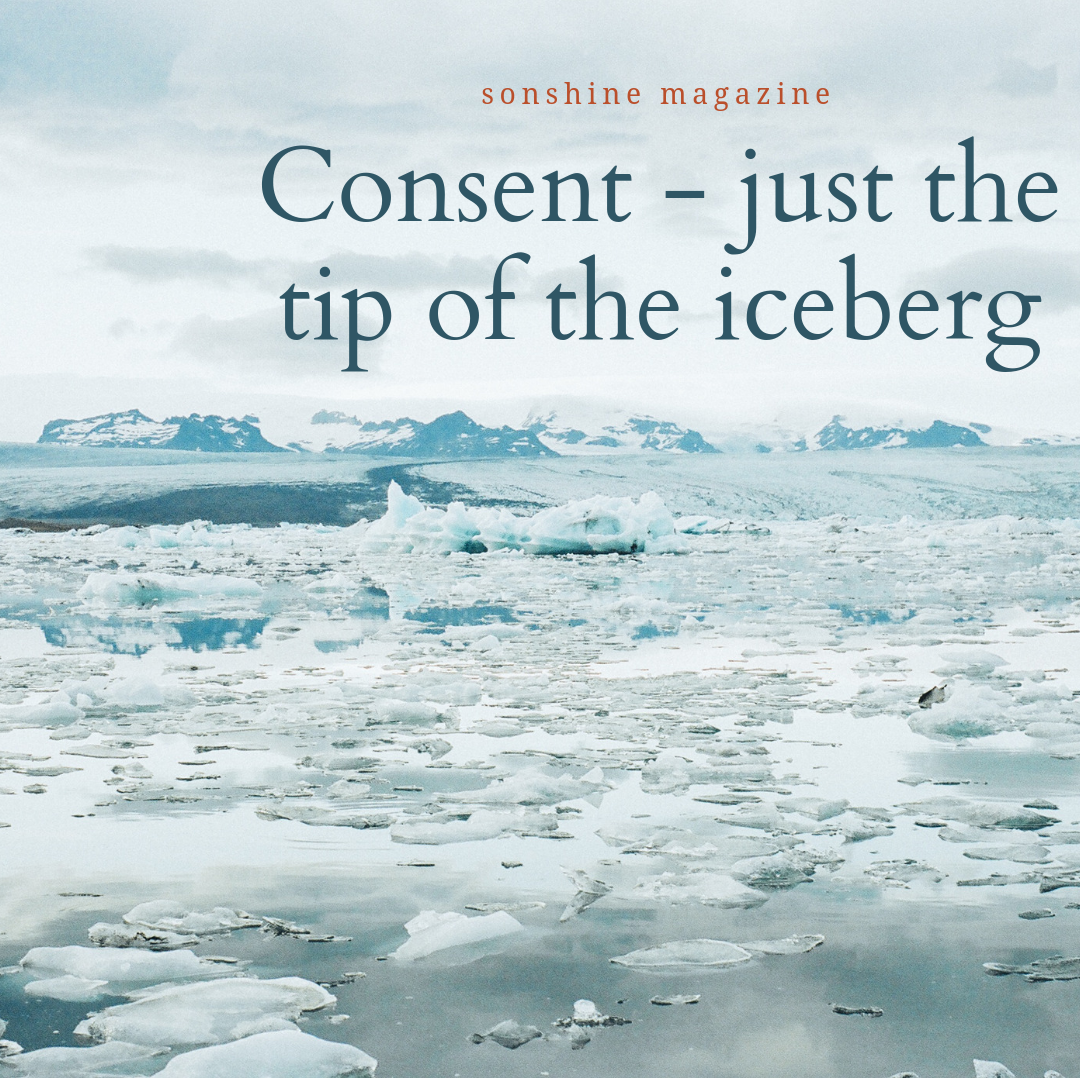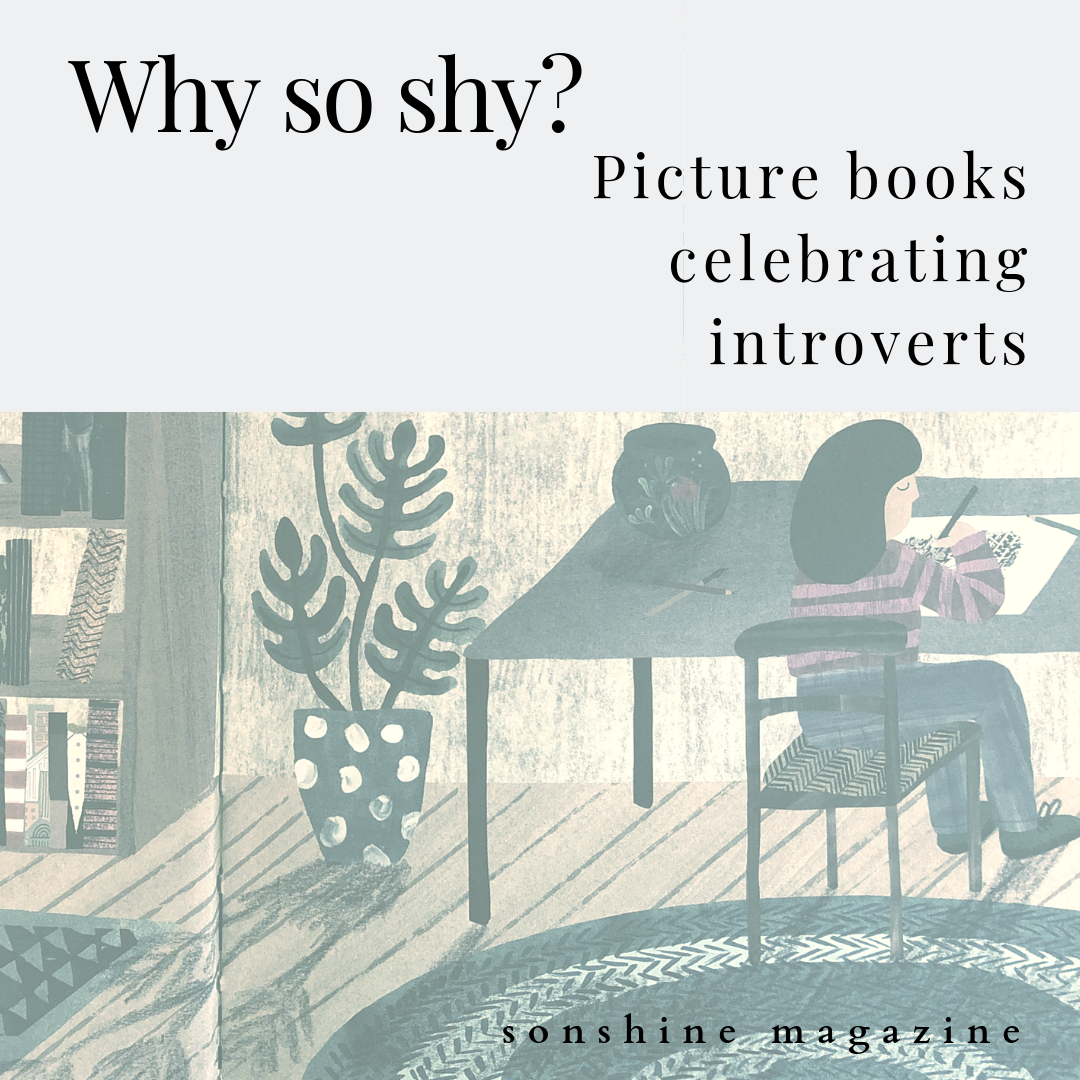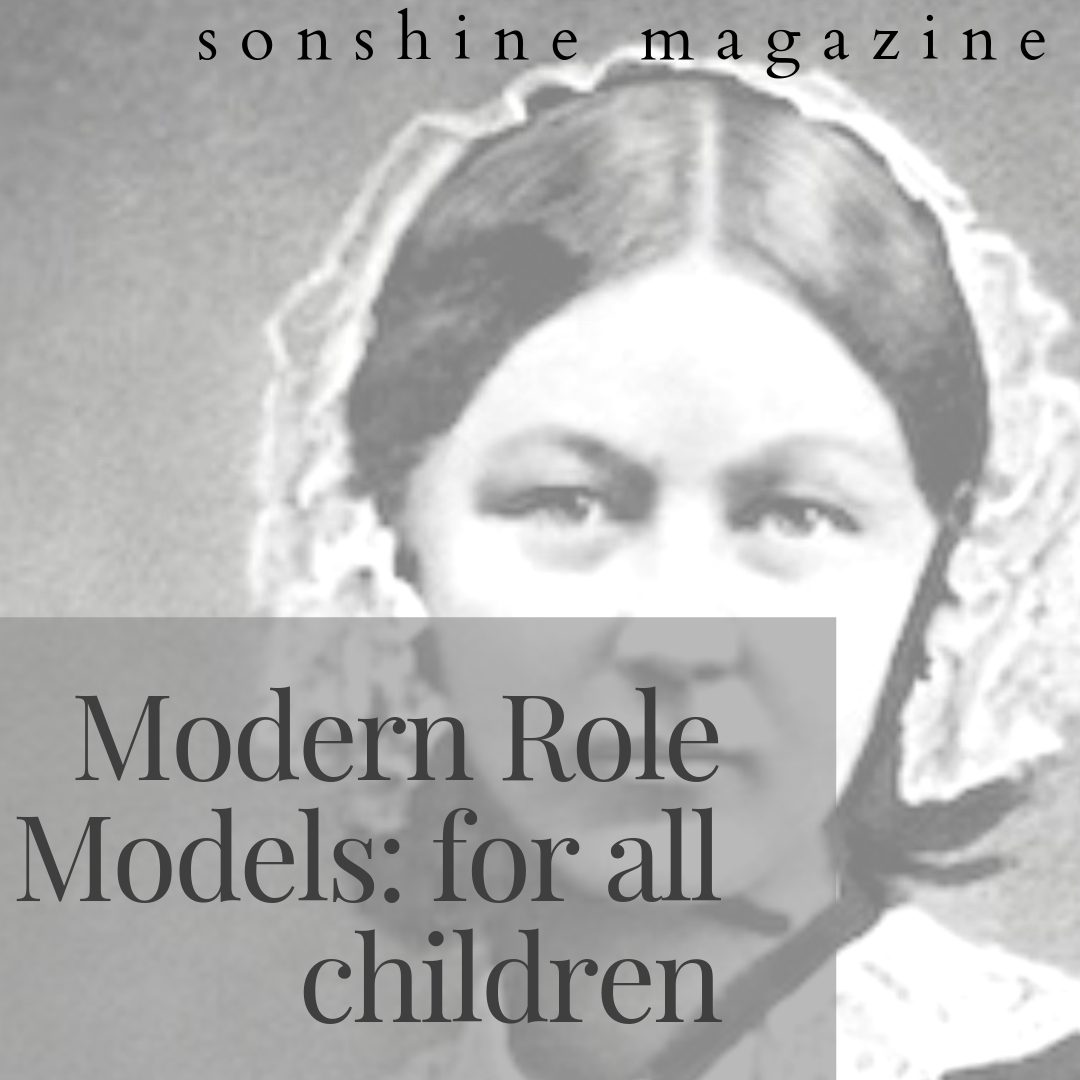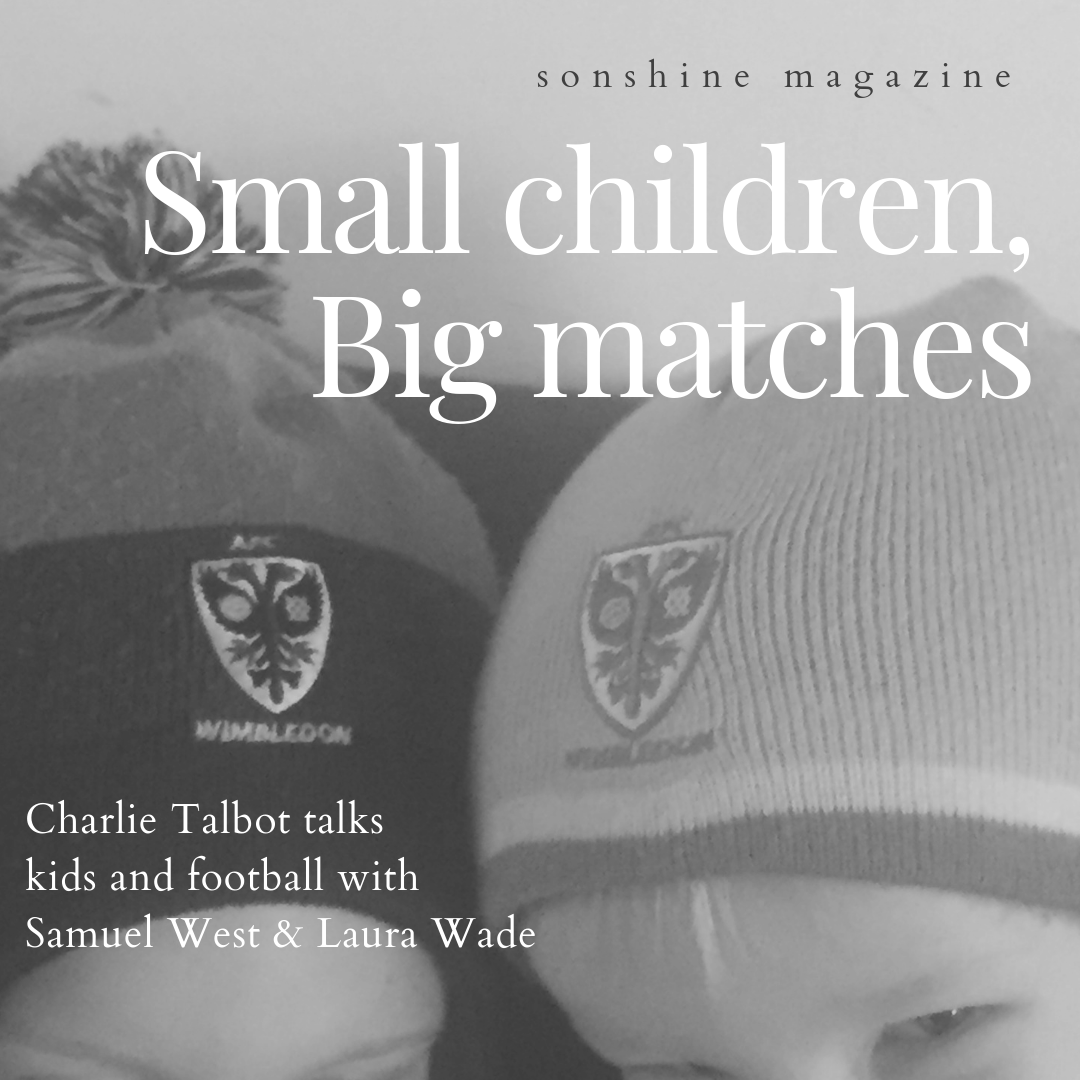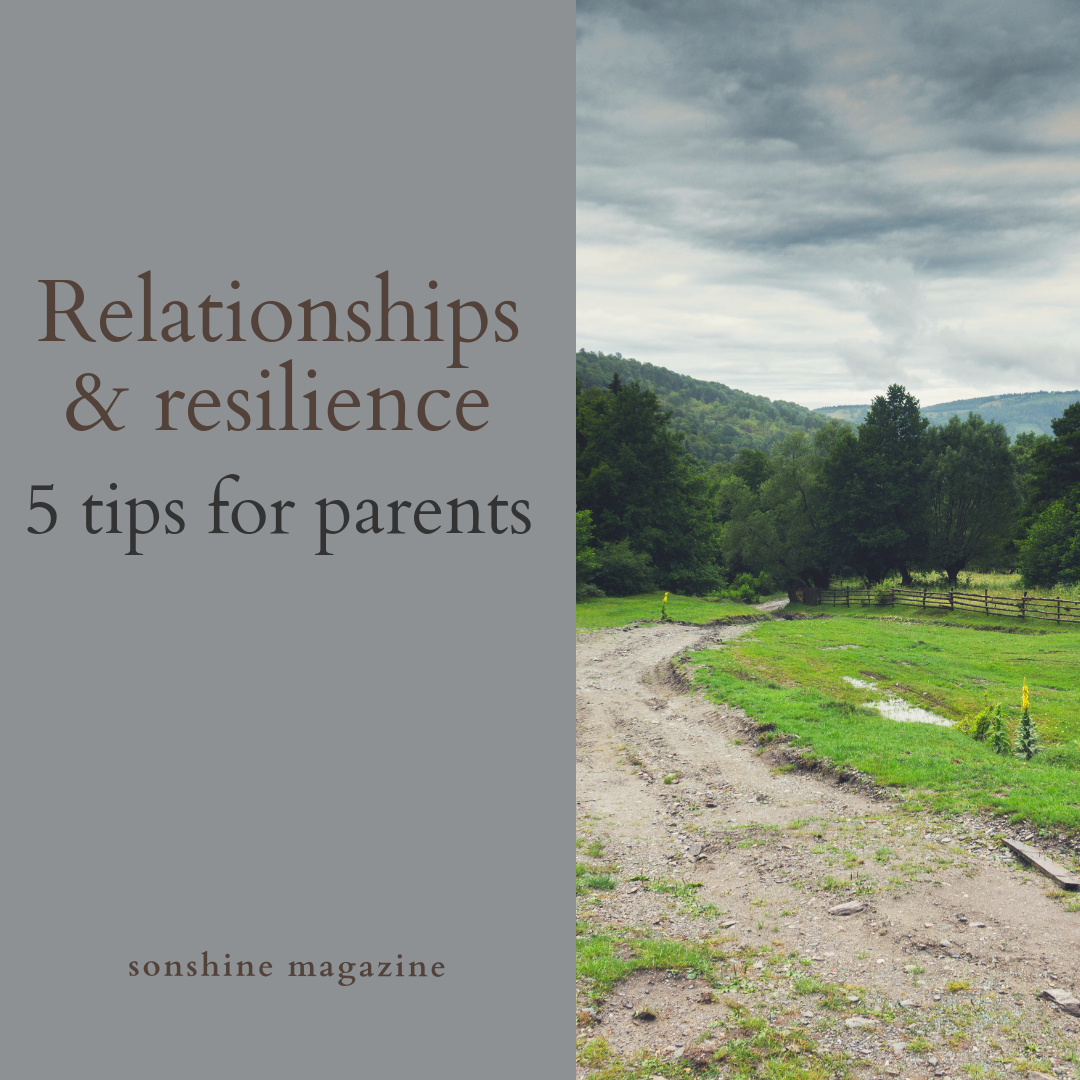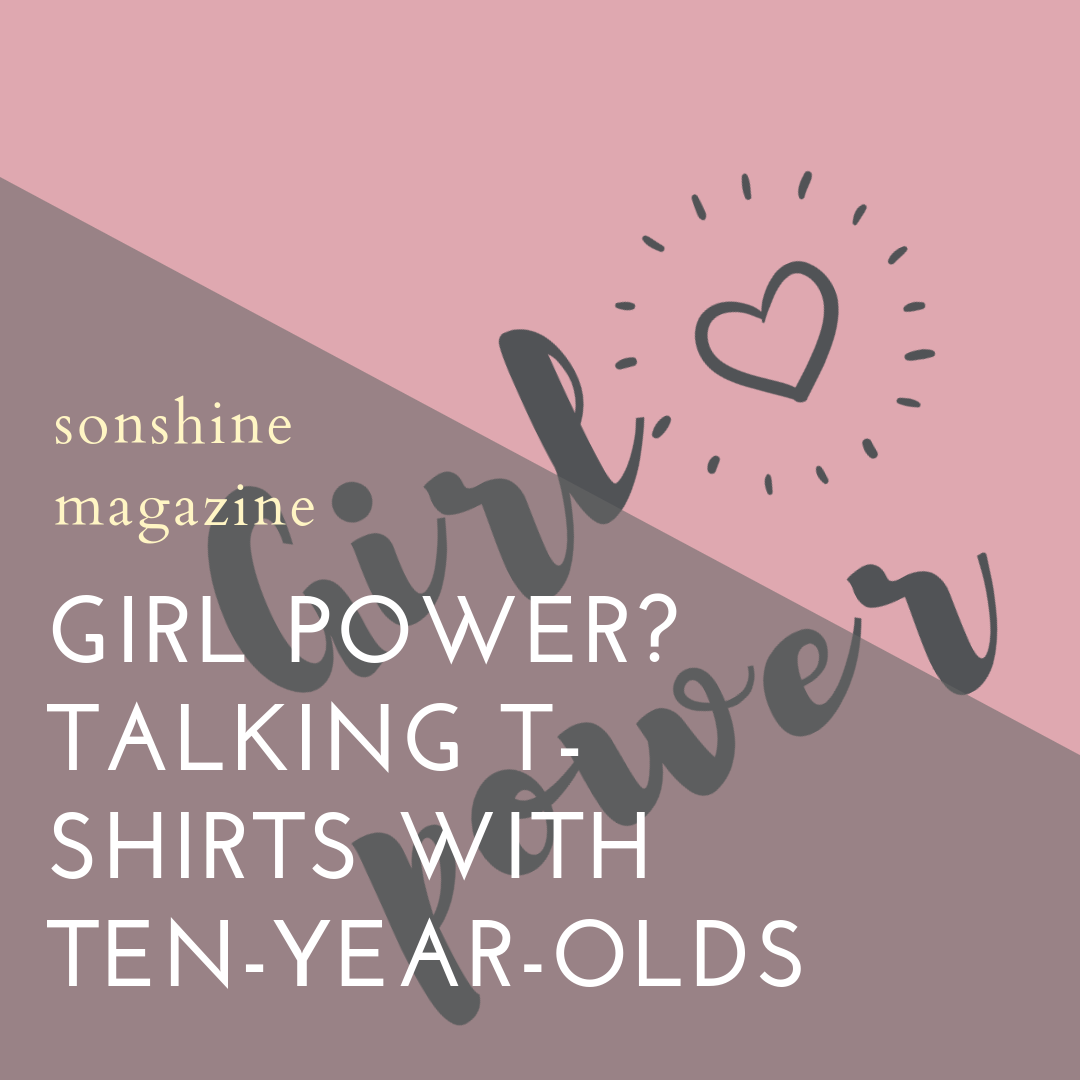Is Sonshine WhatAbouting? (And what exactly is that?)
As International Women’s Day comes round, Kirstie Beaven tackles the thorny issue of WhatAboutery and explores why Sonshine Magazine takes boys as its focus.
Ever heard something like this?
“An estimated 4.6m women (28% of the adult population) have experienced domestic abuse at some point since the age of 16”
“What about men? They can be victims of domestic abuse too, you know.”
How about this?
“Over the past decade, there has been a 68% rise in hospital admissions for girls under 17 because of self-harm”
“What about the boys’ mental health? It’s a bit sexist to focus on the girls when suicide is the leading cause of death for young boys.”
Surely this one?
“It’s International Women’s Day”
“International Women’s Day? How discriminatory. What about a day for men?”
We have. Really a lot of it. I’m sure you have too – you can probably think of a few examples off the top of your head when you’ve mentioned a depressing stat and someone has come straight back at you with a ‘What about..?’ You might even have done it yourself (I definitely have – I try really hard to generally keep my gob shut and listen, but sometimes it just slips out).
It happens regularly enough for it to have not only a name, but also an entry in the OED. And while Whataboutery or Whatabouting might have its roots in political rhetoric and deflecting arguments by pointing fingers, it seems to now be in use more and more often to belittle discussions about disadvantages facing girls and women.
I don’t want to flood you with examples of whatabouting around gender – partly because it makes my blood boil, and partly because Jessica Eaton has already done a much better-informed job of thoroughly explaining this on her site Victim Focus.
“Is the fact that we try to think about how we can change things for boys a subtle sort of Whataboutery? Are we just propping up the patriarchy by centring male experiences instead of directing our focus on women’s experiences?”
But Whataboutery is a live issue for Sonshine… We've had many discussions on whether the premise of Sonshine is Whataboutery. Is the fact that we try to think about how we can change things for boys a subtle sort of Whataboutery? Are we just propping up the patriarchy by centring male experiences instead of directing our focus on women’s experiences? Is worrying about the boys really a deflecting tactic? Is it my job as a woman to opine on boys’ experiences? I have lost sleep over this.
And in that (useful) lost sleep I think I’ve come to the clear conclusion that it isn’t whatabouting. I’m sure it isn't, because we never belittle or avoid the fact that the problematic effects of gender inequality are visited on women and girls. We never write an article in response to issues which take the focus from women to re-position it around men. We never claim that the crappy effects of the system we all live in (which we call patriarchy, but that is a whole other article) are not important, not valid to discuss and not massively damaging.
To be clear, when someone Whatabouts as a response, it isn’t helpfully widening the brief of an already interesting and important piece of work. It’s not just mentioning something that people forgot to add in. It is minimising the attention we pay to that initial piece of information. Instead of listening to the horrible statement, we deflect onto a tangent - and crucially we subtly suggest that it’s not important in comparison to the point we’re raising. And we should remember that we live in a world that frequently ranks some people’s experiences above others. This is privilege (while we agree privilege can be based on your gender, your class, your skin colour, your accent, your wealth, your education, your stability of set up and so on, gender privilege is what we’re focusing on here), and it is right that we all listen and hear those under-represented experiences without trying to set up a comparison or a one-up-man-ship of who’s the most damaged. We should acknowledge the damage and get together to find solutions.
So Sonshine is not a vehicle of whatbouting. We are not prioritising boys’ and men’s experiences over women’s (though I confess, I have to check myself in all my thinking and writing that I – as a woman conditioned to do so – don’t just assume that the experience I had as a girl was basically of less importance than that of any man). What we are doing is proposing that to fix gender inequality, we need to focus our education on boys as well as girls. We’re reminding ourselves over and over again that inequality and privilege need discussion and understanding from everyone to make useful and lasting change. We’re suggesting that changing the rigidity of gender roles for everyone will have wide-ranging benefits, for everyone, but especially for the most disadvantaged.
“We’re reminding ourselves over and over again that inequality and privilege need discussion and understanding from everyone to make useful and lasting change.”
For Sonshine, changing our thinking around the raising of boys must be part of the puzzle for creating a more equal world. When we teach our boys that their opinion is as valid as anyone else’s – not more important – maybe we can minimise mansplaining for the next generation. When we allow our boys to value empathy and caring for other people as much as we do our girls, maybe we can change our attitudes to parental leave. When we acknowledge that there are many ways to be a man, that there is no default human – that it’s not out of the ordinary to not actually be a young, white, able-bodied man – maybe we can change our idea that only one experience really matters and the others are just strange aberrations.
So I hope we never Whatabout. And I think you as readers will always tell us when we stray too close to it. We are listening. And I hope we are part of thinking about the solution.
Stats at the beginning of the article are from:
Safe Lives http://safelives.org.uk/policy-evidence/about-domestic-abuse/how-widespread-domestic-abuse-and-what-impact
The Guardian on NHS data: https://www.theguardian.com/society/2017/sep/23/stress-anxiety-fuel-mental-health-crisis-girls-young-women

